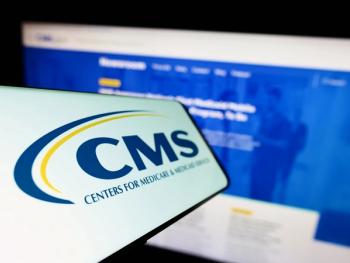
Yale Receives NIH Grant to Research Gene Editing Delivery System
Researchers at the Yale School of Medicine have invented a new delivery technology that has the potential to create one-time treatments for a range of neurological disorders.
The National Institutes of Health has
Angelman syndrome is a rare genetic disorder that causes delayed development, problems with speech and balance, intellectual disability, and sometimes seizures. It is caused by mutations of a gene located on chromosome 15 called the ubiquitin protein ligase E3A (UBE3A) gene. Rahman syndrome is a very rare disease — less than 50 cases have been reported — that is caused by a mutation of the HIST1H1E gene. This gene encodes a protein that forms a receptor responsible for sending chemical messages to the brain. Symptoms including feeding problems, low muscle gross and fine motor disabilities, intellectual disability and speech difficulties.
The first $26.5 million part of the grant will support preclinical and toxicology studies in animal models and human-brain organoids. If the milestones of the first phase are met, the NIH will provide an additional $13 million to fund clinical trials in humans.
The grant will support research into a novel CRISPR-Cas9 based gene-editing technology and delivery platform. CRISPR is a family of DNA sequences that, when coupled with the enzyme Cas9, acts as scissors to cut strands of DNA. The cell can recognize damaged DNA and works to repair it. This process enables scientists to edit parts of the genome.
The research funded by this grant will be led by Yong-Hui Jiang, M.D., Ph.D., professor of genetics, of pediatrics and of neuroscience and chief of medical genetics, and Jiangbing Zhou, Ph.D., professor of neurosurgery and of biomedical engineering, both at Yale School of Medicine.
Jiang and Zhou invented a new delivery technology, known as STEP (Stimuli-responsive Traceless Engineering Platform), which supports the delivery of Cas9 ribonucleoproteins throughout the brain. Instead of viruses, the novel platform uses a chemical engineering approach to achieve brain-wide delivery of gene-editing. The researchers have applied the new STEP technology to deliver a genome editing therapy for treatment of various diseases in animal models. In a mouse model of Angelman, researchers have seen reactivation of the Ube3a gene.
Researchers will focus on Angelman syndrome and H1-4 syndrome as a proof-of-concept.
Newsletter
Get the latest industry news, event updates, and more from Managed healthcare Executive.























